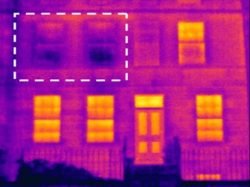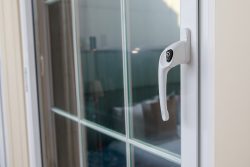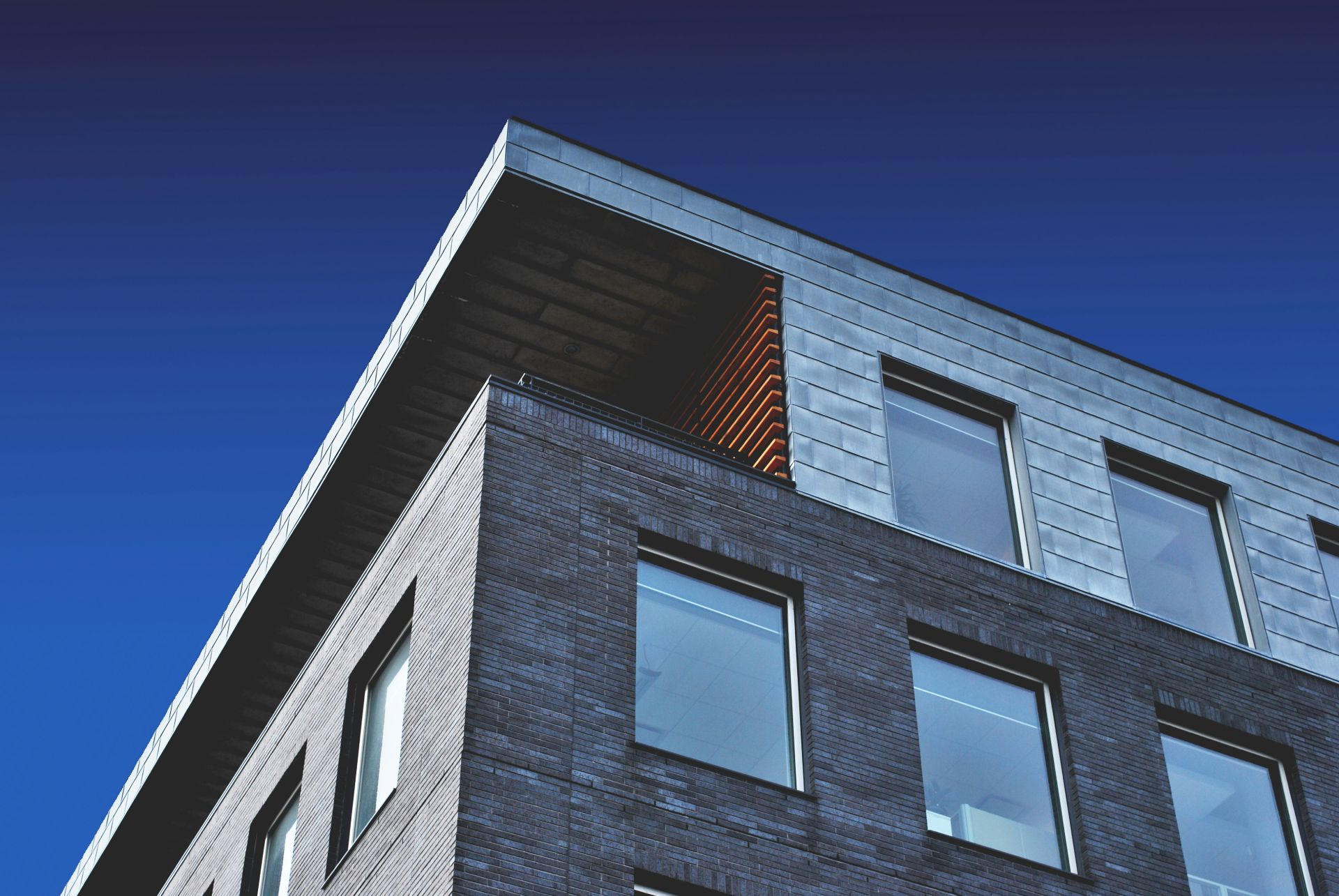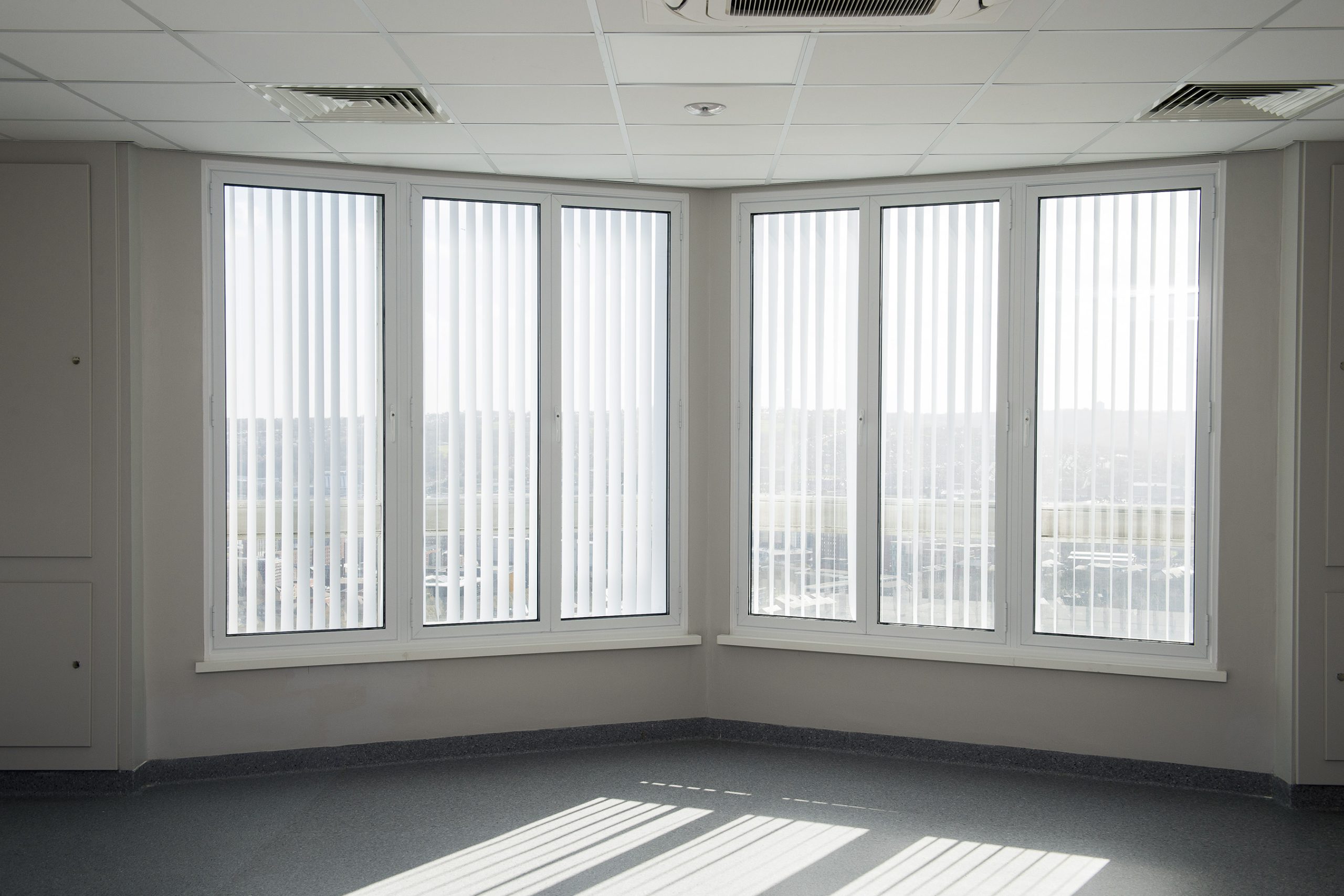Are you confused by the different types of glass being offered in the market? Wondering what glass would work best for your Secondary Glazing Windows?
We have many glass options available. Let us help you make your decision.
At Granada Secondary Glazing, we offer a range of glass options. These include Low-E, toughened, laminated and obscured finishes.
These finishes can enhance thermal, security, acoustic and privacy needs.
We offer the option of 6mm toughened glass, which meets Building Regulations and improves safety and security. Our experts can provide tailored advice to help you choose the right glass for your secondary glazing system. This ensures that you achieve the desired performance and functionality.
Choosing the right glass for your secondary glazing system is crucial in achieving the desired performance and functionality. It can be daunting to decide which type of glass is most suitable for your needs. There is an abundance of choices.
To start with, it’s important to consider the purpose of your secondary glazing system. Do you want to improve thermal insulation, enhance security, reduce noise levels, or increase privacy? Understanding your specific needs is crucial as each goal requires different types of glass. Keep on reading to find out more.
Why choose a specific glass for secondary glazing?
You will be wondering what’s a big deal in choosing a specific glass for secondary glazing. Well not necessary, there are several types of glass that tackle different concerns and choosing the right glass type will save you money and headache in the long run.
Glass can be used for various purposes. For instance, they can improve thermal performance in windows and doors. Secondary glazing can reduce noise and provide better privacy and security.
When selecting glass for this purpose, there are several factors to consider to ensure optimal performance.
Here are some reasons why you might choose a specific type of glass for secondary glazing:
Glass for thermal performance enhancements
Do you know that 60% of the heat in homes is lost through windows? Selecting the appropriate type of glass can increase thermal efficiency. This can result in reduced heating bills and savings in the future.
Low-emissivity (Low-E) glass is the most effective option for thermal insulation. Low-E glass has a special coating that reflects heat back into the room while allowing natural light to pass through. This helps to reduce heat transfer, making it an excellent choice for improving thermal performance in windows.
Low-E glass can improve energy efficiency by reducing heat loss in winter and heat gain in summer. It works with both single-pane and insulated glass units (IGUs).
Enhancing the thermal performance of your house can be done with Insulated Glass Units (IGUs). These units comprise two or more glass panes that are separated by sealed airspace. This creates an insulating barrier, which reduces heat transfer.
The airspace is often filled with an insulating gas, such as argon or krypton, to further enhance thermal performance. Installed Glazing Units (IGUs) can improve the energy efficiency of windows. This is done by reducing heat loss and heat gain. As a result, indoor spaces are kept comfortable, and heating and cooling costs are lowered.
Glass for enhancing acoustic performance
Do you find yourself being disturbed by persistent loud noises coming from outside? Are you looking for a way to reduce the sound coming into your home?
If noise reduction is your primary goal, acoustic glass is the best option. This type of glass has a special acoustic interlayer that helps to absorb sound waves and reduce noise levels.
Laminated glass is made of two or more glass panes bonded together. A layer of plastic interlayer is used, usually made of polyvinyl butyral (PVB) or ethylene-vinyl acetate (EVA). This interlayer helps to dampen sound vibrations, reducing noise transmission and improving sound insulation.
Laminated glass can effectively block out unwanted noise, making it an excellent choice for applications where noise reduction is a priority.
Acoustic laminated glass: Acoustic laminated glass is a specialized type of laminated glass that is specifically designed for enhanced noise reduction. It typically consists of multiple layers of glass and interlayer, engineered to provide superior sound insulation properties.
Acoustic laminated glass can significantly reduce noise transmission, offering excellent acoustic performance in windows and doors.
Insulated glass units (IGUs) can be customized with acoustic interlayers such as PVB or EVA. This improves sound insulation. These interlayers are designed to reduce the transmission of sound waves, helping to minimize noise intrusion into the interior space.
Interlayers Glass Units (IGUs) with acoustic properties can be combined with other glass types, e.g. Low-E glass or tinted glass. This can enhance both thermal and acoustic performance.
Glass for Security and Privacy
Are you looking for ways to increase the security and privacy of your home? Well, there are several glass options that can be used to achieve the goal.
Laminated glass is the best choice for enhanced security. This type of glass consists of two or more layers. They are bonded together with a layer of plastic.
This makes it much stronger than standard glass, making it more difficult to break. Lastly, obscure or frosted glass can be used to limit visibility from the outside if privacy is a concern.
Tempered glass: Tempered glass is a type of safety glass that is highly resistant to breakage and shattering. It undergoes a process of thermal or chemical treatment that strengthens the glass, making it several times stronger than regular glass.
Tempered glass is difficult to break, and if it does break, it shatters into small, rounded pieces, reducing the risk of injury. Tempered glass is commonly used in applications where security is a priority, such as in doors, windows, and areas prone to vandalism or break-ins.
Laminated glass: As mentioned earlier, laminated glass consists of two or more glass panes bonded together with a layer of plastic interlayer. In addition to its acoustic performance benefits, laminated glass also provides enhanced security and privacy.
When subjected to impact, laminated glass tends to crack but remains intact, thanks to the interlayer that holds the glass together. This makes it difficult for intruders to gain entry through broken glass, providing an added layer of security.
Conclusion
At Secondary Glazing, we strive to provide tailored advice to meet your individual requirements and maximize performance within your budget. We recommend consulting with our experts to achieve the best outcome. Installing Granada Secondary Glazing is the number one insulation performance enhancement, with fine-tuning the glass as just one step to optimize the final benefit.
It’s important to consider your specific needs, preferences, and budget when choosing a type of glass for secondary glazing. Consulting with a professional glazing provider can help you determine the most suitable type of glass that meets your requirements and provides optimal performance for your specific application.
To get a quote today you can contact us directly at 0333 257 0541.
You can also fill out a Form online and we will be in touch soon.








